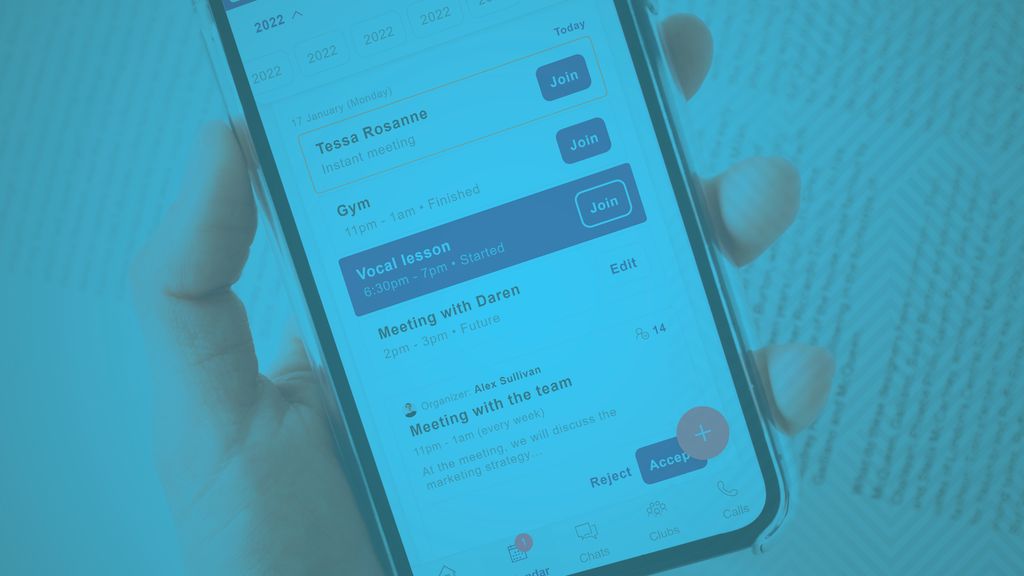To say that Digital ID is a hot button issue at the moment is a huge understatement. One recent article in independent media likened the impending advent of Digital ID to the predicament faced by “Number Six in the classic 1960s TV drama series ‘The Prisoner.’ For reasons never explained he wakes up imprisoned in a deceptively lovely place called The Village. In the first episode, he is assigned the number Six to identify him and meets a character named Number Two, who tells him “The information in your head is priceless. I don’t know if you realize how valuable a property you are.”
Number Six goes on to discover that “they” know everything about him in The Village and that he has been reduced to a number in order to be more easily studied and categorized. This loss of individuality and agency, while at the same time being told we are important simply because of the information we carry inside of us, is eerily close to the mooted carbon footprint-tracking and social media monitoring-linked, centrally-issued digital ID schemes that some circles have been outlining in recent months. In these dystopian models, individuals are treated as prize vessels for data aggregation, mass-sorting and predictive analytics.
While Microsoft has been gradually constructing what ‘The Intercept’ calls the Police State”, Big Tech corporations (in conjunction with some national governments) have also been quietly building what one writer has dubbed “The Vast Machine.” This is a pantheon of myriad interlocking and interconnected platforms, portals and passwords that together comprise what one might call ‘the uni-net’ – a unified digital field under full surveillance. Likewise, Twitter supremo Elon Musk is linked to an “Everything” App : a one stop shop where payments, identification, communications and social media are commingled in a single place, but some commentators suggest this may be simply an imposed Digital ID via the back door, policed by a theoretically more benevolent autocrat than a central government. In such frameworks, outside the uni-net, you cease to exist. Just as ‘non people’ were exiled to remote parts of Siberia in Stalin’s Russia, so one could be similarly disenfranchised online if refusing to participate in this digitized version of the all-seeing eye. Disturbingly, this push towards greater centralization of all matters digital is being treated with increasing inevitability, as if it is the only solution to “security.” After all, its proponents argue, what have you got to hide? It’s all eerily reminiscent of ‘The Prisoner’ all those years ago.
There is an alternative to this entire conversation: allgram. allgram liberates its users from having to accept such onerous bargains and takes a dramatically different view of Digital ID as a tool of individual security– on the user’s terms. allgram’s solutions put people and privacy at the forefront and bypass prying, data-harvesting corporations, and a centrally managed digital experience.
allgram invites you to generate your own digital ID and to share only what you choose to share with an audience that only you select. The first communications and social media app to use distributed blockchain technology, allgram has no interest in the value of what is inside your head. In fact, allgram has no proprietary agenda or ambitions to profit from your data. It is – and will remain – a cloistered portal, with no data harvesting and no intrusive algorithms. You will never see an advertisement for something you’ve just searched for on allgram, nor will you find it making suggestions about who you might know or where you may want to go. allgram exists simply to serve, to facilitate and to provide ultra-secure communications while remaining outside the uni-net and beyond the reaches of the “Big Machine.” allgram is founded on the principle that “Your Data is Yours”– and yours alone.
So as the New Year kicks off, it’s definitely “Three cheers for allgram!” Download the app on your smartphone and set your own agenda in 2023…





